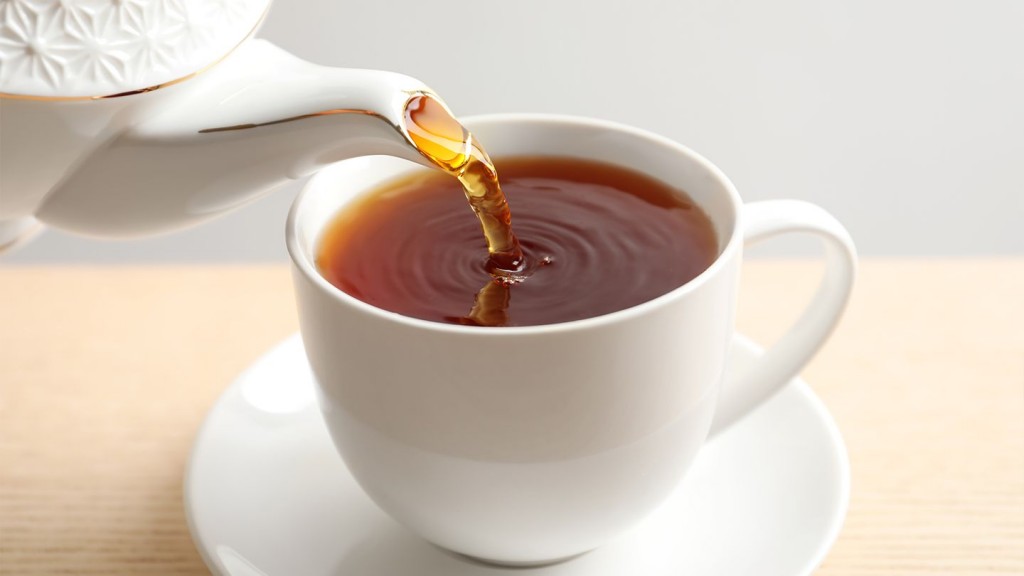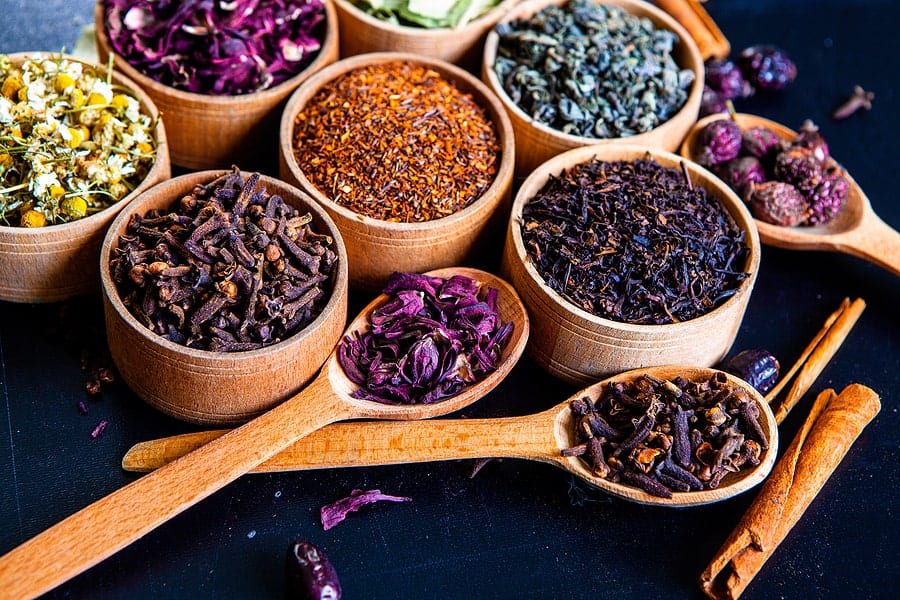Actually, the more appropriate phrase here would be ‘pour the tea.’ But regardless of whichever one you choose to go with, it appears that drinking tea daily has an additional benefit: the aromatic beverage may help in reducing the risk of type 2 diabetes.
The study that made the discovery

Xiaying Li, a researcher at Wuhan University of Science and Technology, alongside his colleagues, reviewed 19 studies, which included more than 1 million adults across 8 countries. They found out that the more cups of tea a person consumed daily, the more benefits they recorded. For example, participants in the study who drank one to three cups daily had a 4% drop in their risk of developing type 2 diabetes. Those who consumed more per day had a higher percentage drop.
In a separate study published in August, researchers found that drinking two or more cups of black tea per day lowered the overall risk of death by 9% to 13% among 498,000 people in the U.K. during a 14-year period, as compared with those who drank no tea. The study also found a link between drinking multiple cups of tea per day and a lower risk of heart disease and stroke.
Are all teas equal then?
Short answer: yes.

The researchers believe that the polyphenols they contain, which are naturally-occurring compounds in plants with anti-inflammatory and antioxidant properties, are the reason why tea can help reduce the risk of type 2 diabetes and even heart disease and stroke.
Since all teas — with the exception of decaffeinated teas — have polyphenols, then it does not matter what type you choose to have: as long as you’re taking several cups daily, you are sure to reap its benefits.
But, if you are really particular, then the Wush Wush green tea which originates from Ethiopia has the highest polyphenol content. But, we cannot all have access to this type, so really, whether you love black tea, green tea, or oolong, at least 3 cups a day can help keep diabetes (type II) at bay.
Does it matter how you have your tea?

Maki Inoue-Choi, PhD, a staff scientist at the National Cancer Institute told NBC News that she and her colleagues found that adding milk or sugar did nothing to reduce the health benefits of teas. She however noted that the participants tended to use those ingredients sparingly.
“The sweetened tea from the store has a lot more sugar,” she said. “We should still follow the dietary guidelines to avoid too much sugar and too much saturated fat.”
Should we all be drinking more tea then?

If you already love drinking tea, then increasing your daily dose should not be a problem. And it does not hurt to take up tea drinking as a hobby if it isn’t already a part of your lifestyle.
However, it is not mandatory. And since more research would need to be carried out to back up the conclusion of existing studies, then drinking several cups of tea a day to reduce your risk of type 2 diabetes and improve your overall well-being is not so much an order as it is a suggestion.
